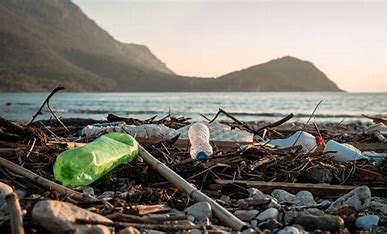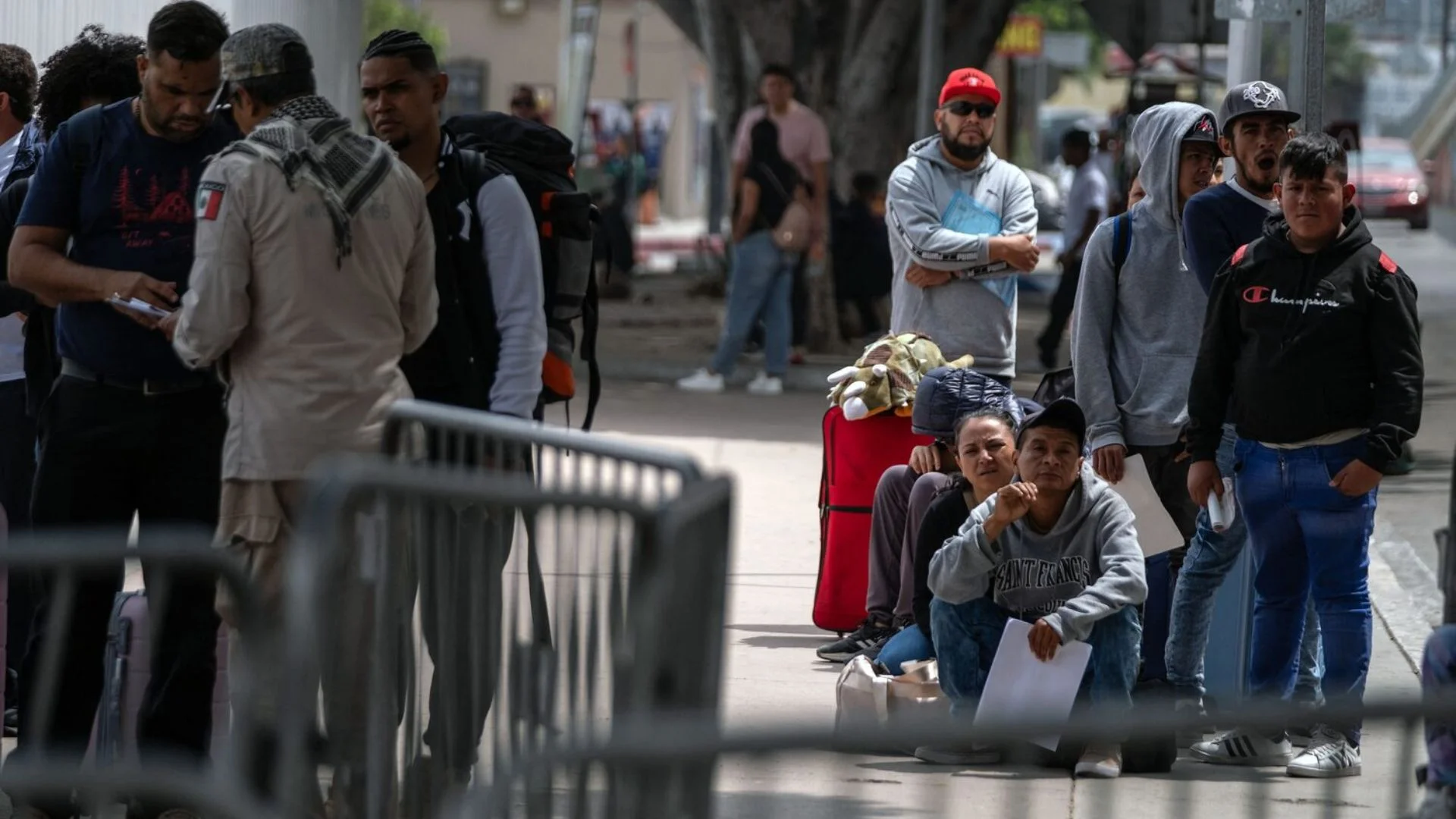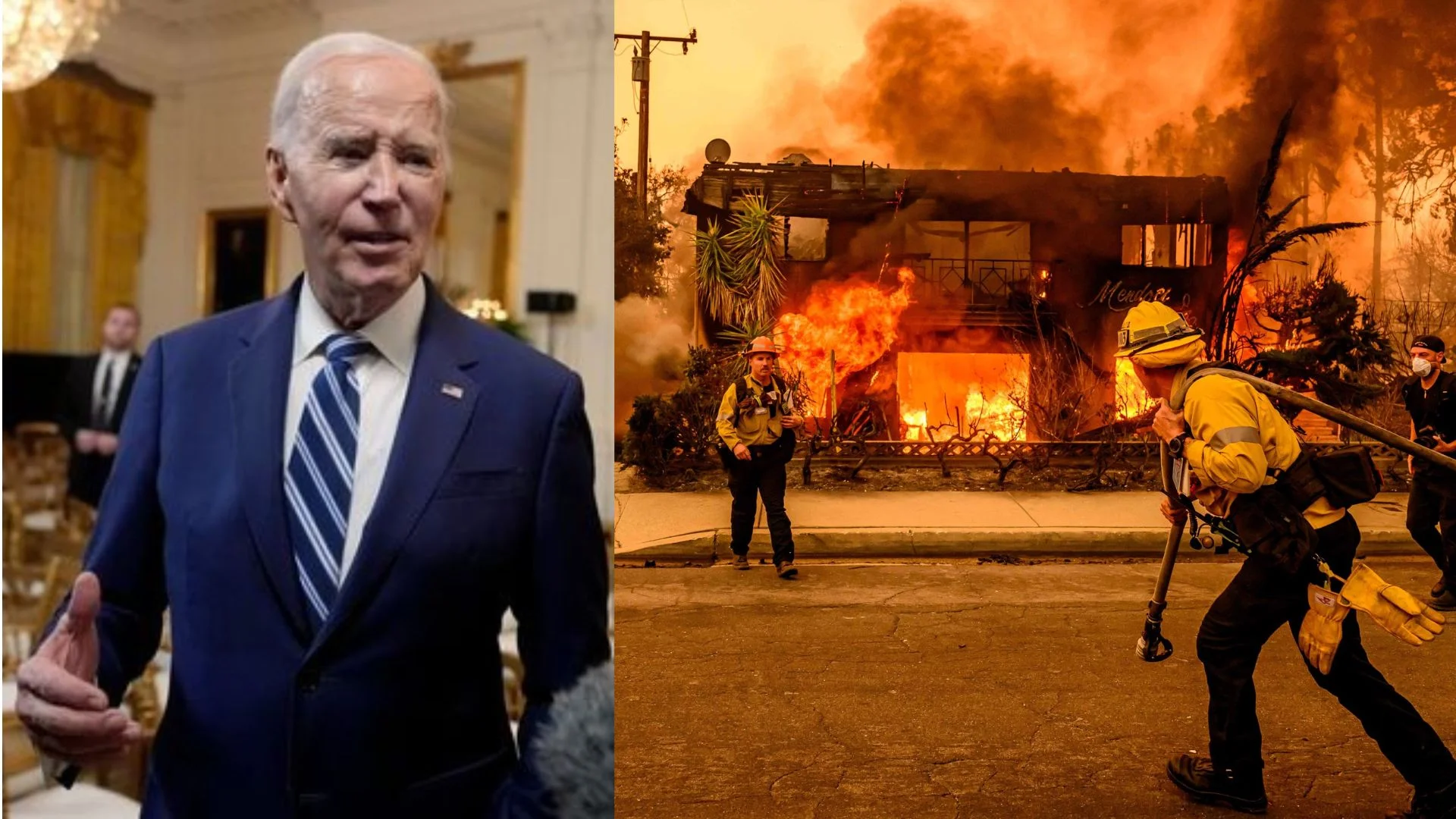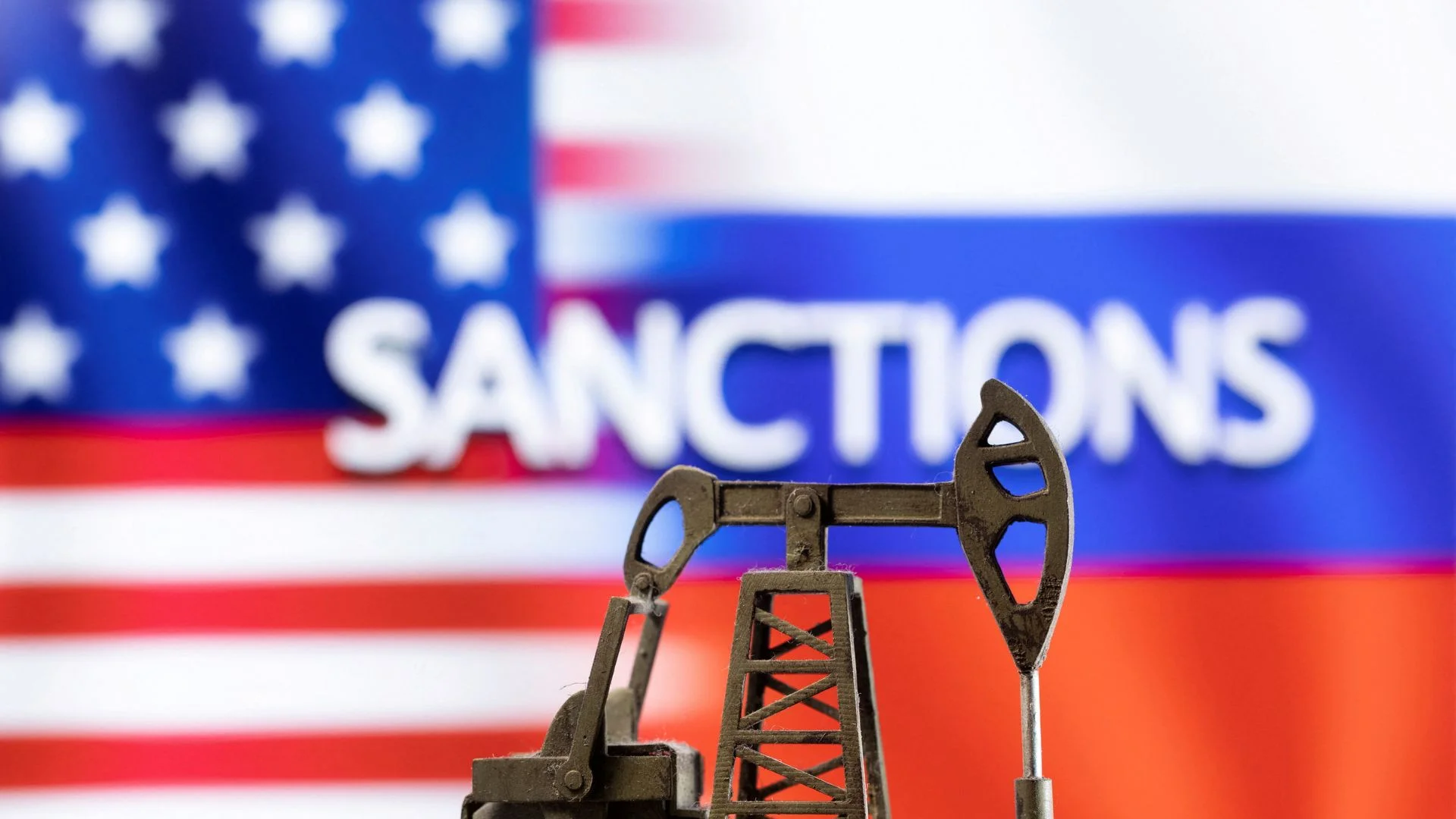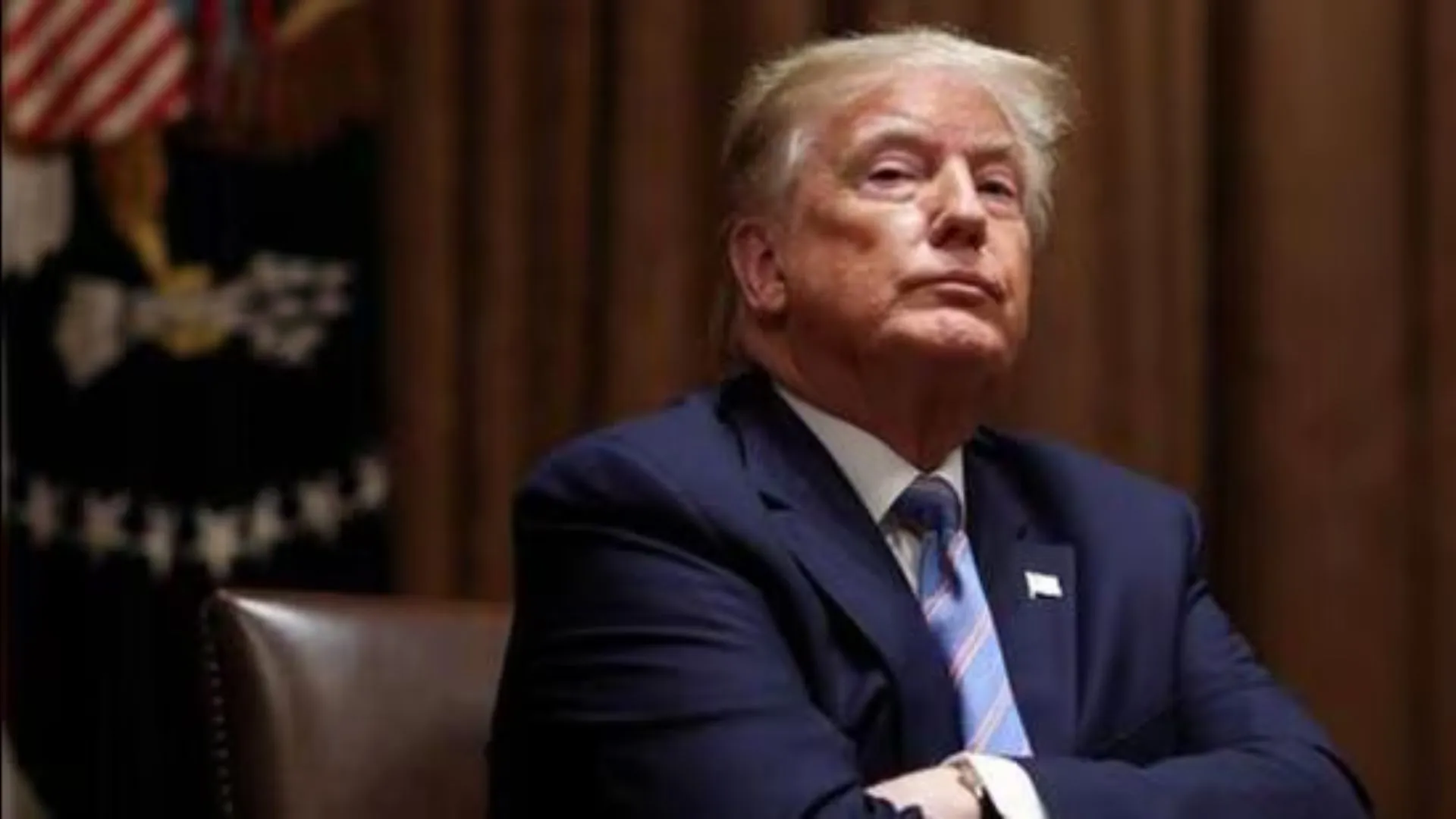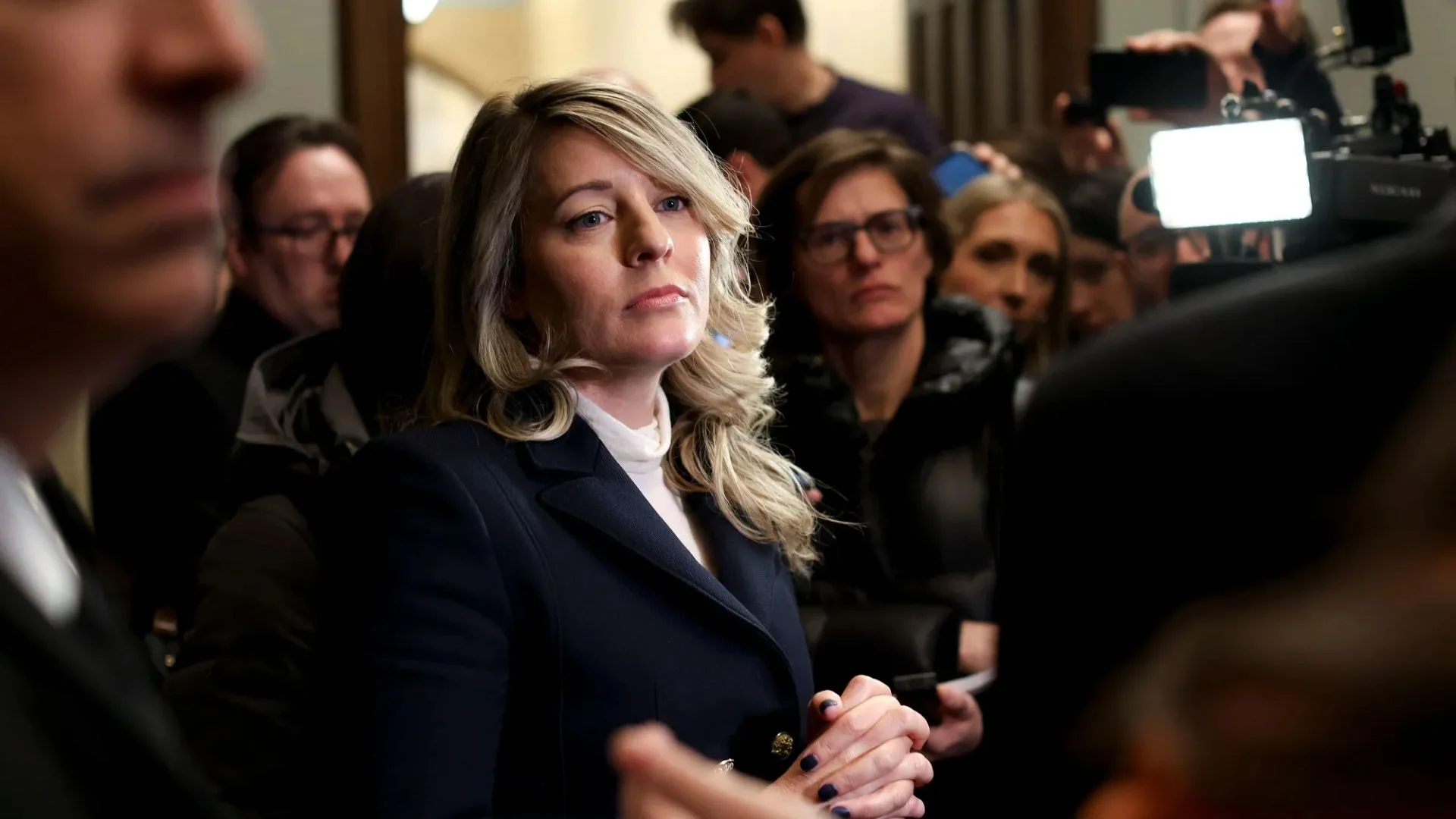The fifth session of the Intergovernmental Negotiating Committee (INC-5) to develop a legally binding treaty on plastic pollution is underway in Busan, South Korea. Representatives from 175 nations aim to finalize a global agreement to address the escalating plastic crisis.
The Journey Towards a Treaty
In 2022, the UN Environment Assembly (UNEA) adopted a resolution to end plastic pollution, forming the INC to draft a treaty. Following four previous sessions, INC-5 is now negotiating text-based proposals for the agreement, based on a “non-paper” circulated by INC Chair Luis Vayas.
The non-paper highlights issues such as:
- Plastic Product Design and Supply: Managing production levels sustainably.
- Waste Management: Strategies to tackle plastic waste globally.
- Just Transition and Finance: Support mechanisms for implementing changes.
- Monitoring and Implementation: Ensuring compliance and long-term effectiveness.
India’s Role as a Global Leader
India is emerging as a leader in phasing out single-use plastics. Under the guidance of Naresh Pal Gangwar, Additional Secretary, Ministry of Environment, India has introduced robust criteria for identifying and banning problematic plastic products.
By 2019, India had banned 19 single-use plastic items using a science-based framework. Experts believe this model could form the foundation for a global framework.
“India’s efforts can inspire a comprehensive, logical, and science-driven approach to tackle plastic pollution worldwide,” said Atin Biswas of the Centre for Science and Environment.
Why a Global Treaty is Essential
Plastic pollution has reached alarming levels:
- Environmental Crisis: 10 billion tonnes of plastic waste have accumulated globally, with 8-10 million tonnes entering oceans annually.
- Climate Change: Over 99% of plastics are fossil fuel-based, making the plastic lifecycle a significant contributor to greenhouse gas emissions.
- Health Risks: Plastics contain hazardous chemicals that have been linked to cancer and other health issues. Microplastics have infiltrated food, water, and even human organs.
Key Contentions in Negotiations
- Upstream vs. Downstream: While some countries aim to address plastic production, others focus on waste management.
- Chemical Regulations: Listing harmful chemicals and finding alternatives for problematic plastic items remains contentious.
- Finance and Supply: Delegates are debating funding mechanisms for sustainable plastic production and consumption.
A Global Vision for Change
UNEP Executive Director Inger Andersen emphasized the need for sustainable production aligned with global goals:
“Plastic’s lifecycle emissions could consume up to 13% of the carbon budget by 2050. A treaty is our best chance to fight this crisis.”
INC-5’s outcomes could set the stage for transformative global action, marking a pivotal step toward a sustainable and plastic-free future.

